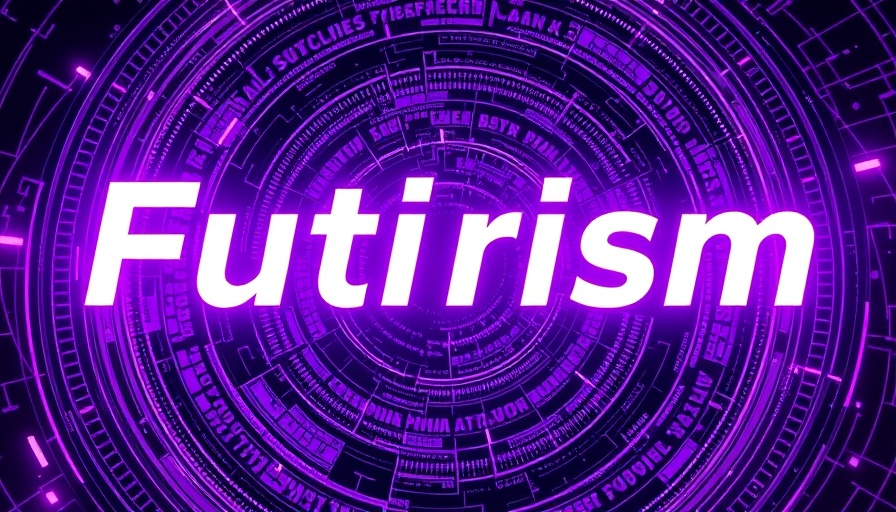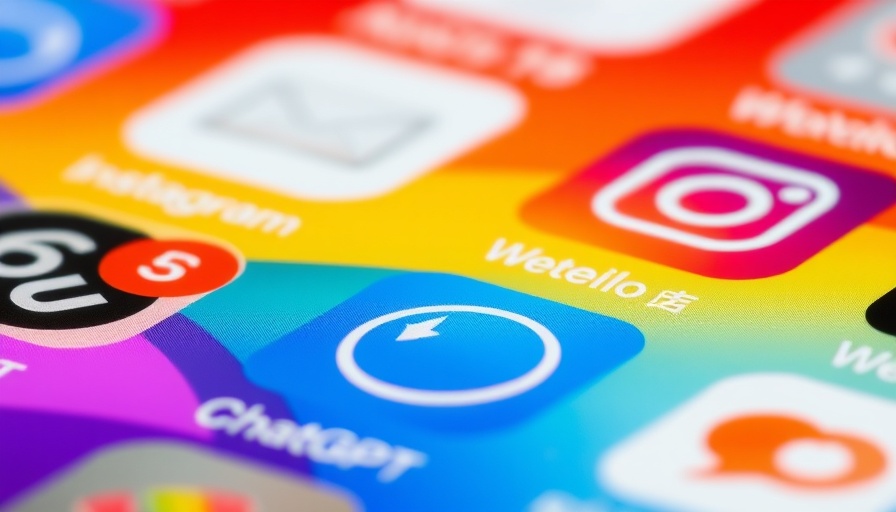
The Troubling Impact of AI on Publishing
The rise of AI chatbots like ChatGPT and Google’s AI Overviews is reshaping the landscape of digital communication, and many publishers are feeling the squeeze. New insights reveal that these chatbots send significantly less traffic to publishers compared to traditional search engines, evidenced by a staggering 96% drop reported by content licensing platform TollBit. As AI tools continue to scrape content and deliver information without leading users to the original sources, publishers are confronted with the daunting challenge of generating ad revenue.
The Traffic Drain
According to TollBit, AI bots scraped content from news and blogging publishers an average of two million times in the last quarter of 2024, yet each bot click equates to zero advertising revenue. This phenomenon has led to strategic vulnerabilities for publishers, as highlighted by Chegg's current legal battles against Google. The lawsuit stems from claims that Google’s use of Chegg's content in its AI Overview feature has severely compromised Chegg’s traffic and revenue.
The Lawsuit: A Sign of Desperation
Chegg's CEO Nathan Schultz has openly discussed the dire financial implications of this traffic loss, suggesting the possibility of going private or getting acquired due in part to the AI platforms’ siphoning of their audience. This lawsuit not only signals Chegg’s personal plight but also underscores the broader adversities faced by the media industry in navigating content monetization in the age of AI. As AI technologies become more accessible, the financial stakes surrounding original content grow exponentially.
AI: A Threat to Traditional Traffic Sources
The transformation of digital search through AI further complicates publishers' revenue strategies. Publishers have long relied on platforms like Google to drive traffic to their sites, as search traffic constitutes a vast share of their audience engagement. However, emerging AI models that provide users with comprehensive answers without linking out to original content could lead to an ever-decreasing number of users clicking through to publisher websites.
Voice of the Industry
Industry leaders are alarmed, with figures from esteemed media organizations like Condé Nast and Vice forming task forces to strategize against potential disruptions from AI-driven content. Their concern echoes sentiments expressed in a recent article from The New York Times, which emphasized that the “Wikipedia-ization” of information via chatbot responses could decimate many established online information sources.
Considering Future Trends in AI
As AI capabilities evolve, so do the concerns regarding its impact on content creation and consumption. Tools that generate responses to queries could render traditional news outlets obsolete if they don't adapt. The latest update to ChatGPT, which allows the tool to access real-time information, raises the question of whether publishers will adjust their strategies to reclaim traffic and revenue lost to AI.
What This Means for Publishers
The advent of AI chatbots also compels a reevaluation of content sharing and search algorithms. Publishers may need to explore new business models that not only attract audiences but also foster relationships with AI firms for potential collaboration rather than conflict. As the line between content creation and AI generation blurs, this presents both risks and opportunities for the publishing paradigm.
Moving Forward: The Call for Action
The publishing industry stands at a crossroads, with the rise of AI presenting an urgent need to innovate for survival. Publishers may need to advocate for fair compensation models and negotiate the usage of their content by AI systems. As a reaction, initiatives to promote original content and engage readers through unique offerings will become crucial.
As AI evolves, readers, publishers, and technologists must remain vigilant and explore collaborative strategies that can ensure the vitality of quality journalism in this new landscape.
 Add Row
Add Row  Add
Add 




 Add Row
Add Row  Add
Add 

Write A Comment